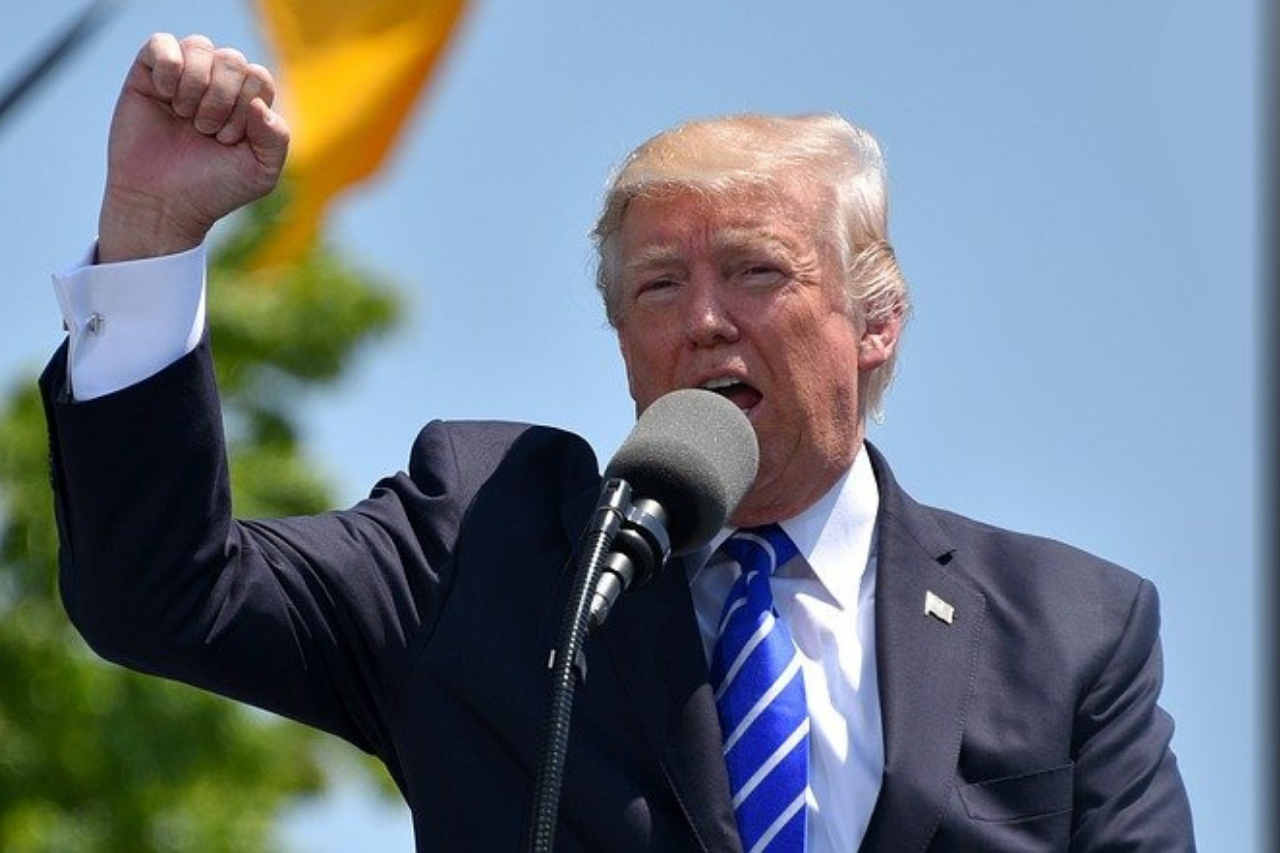European Russophobia and Europe’s Rejection of Peace: A Two-Century Failure
Europe has repeatedly rejected peace with Russia at moments when a negotiated settlement was available, and those rejections have proven profoundly self-defeating. Read more
The fusion of populism and great power rivalries introduces an additional degree of unpredictability in an international affairs environment already beset by a condition reminiscent of an individual in the midst of a nervous breakdown, itself due at least in part to ongoing strategic realignment and cleavages.

POPULISM, LIKE tyranny, is a “danger coeval with political life,” Leo Strauss wrote. It has been around for as long as human beings have lived together in political communities advancing claims to justice, set down laws in accordance with these claims, and witnessed the perversion of these same claims by opportunistic individuals who advanced their particular or private interests to the detriment of the common good of the political community (politeia in Greek, translated conventionally as regime and in the modern context somewhat restrictively as state, nation-state, or country) in the name of advancing those same claims. It is sufficient, for present purposes, simply to reference the presentation of both the speeches and deeds of perhaps the first notable populist (demagogos, rabble-rouser) on record, Cleon of Athens.
Aristotle may have been right that man is by nature a political animal, but it is hardly inappropriate to suggest that man is by nature a populist animal as well. The populist temptation is sempiternal and inherent to humanity, bearing in mind that humanity’s distinguishing characteristic is logos. Paul Rahe artfully defined logos as that which makes it possible for human beings “to perceive and make clear to others through reasoned discourse the difference between what is advantageous and what is harmful, between what is just and what is unjust, and between what is good and what is evil.” And what can be differentiated by logos can be misused by logos just as easily, for no human being is identified purely with logos.
The article's full-text is available here.